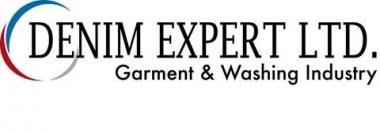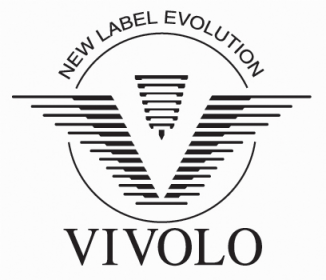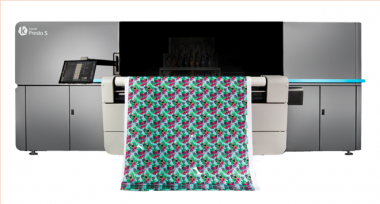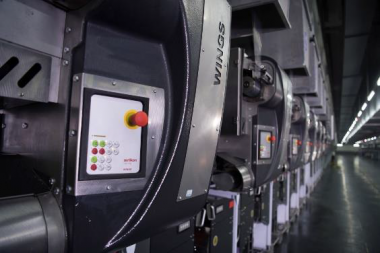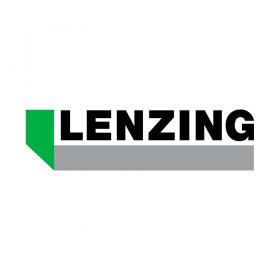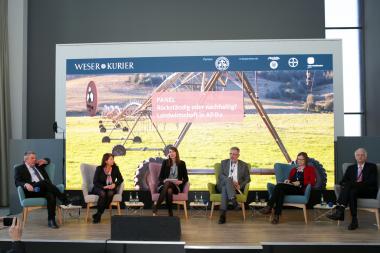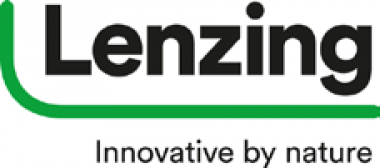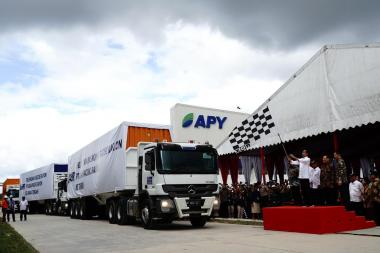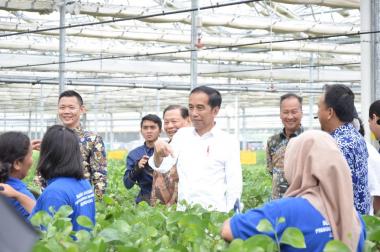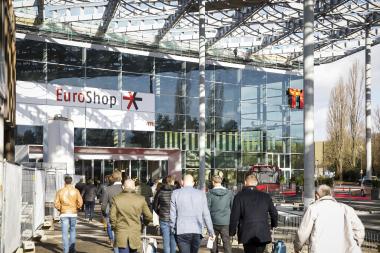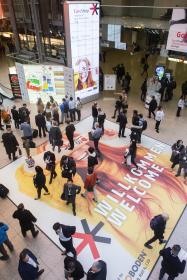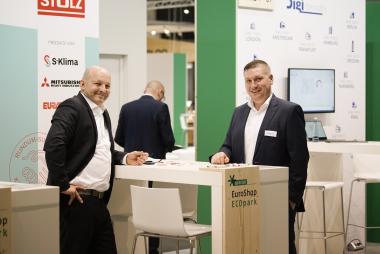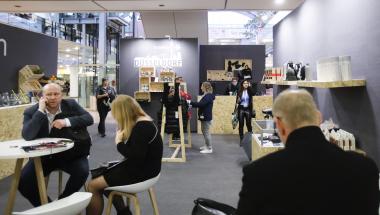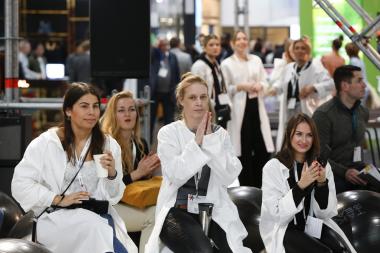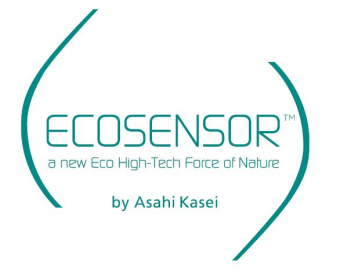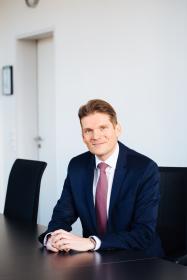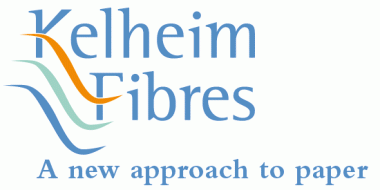Denim Expert Ltd: production of face masks and PPE
- Bangladeshi supplier offers production capacity to produce face masks and PPE on non-profit basis
- Reaching out to global agencies to build partnerships to help tackle COVID-19 crisis
A Bangladeshi garment manufacturer is offering the manufacturing capacity for the production of protective face masks and Personal Protective Equipment (PPE) on a non-profit basis to help tackle the COVID-19 global pandemic.
Many hospitals in Europe and USA are already running short of masks and PPE as they creak under the strain of the pandemic.
At present, COVID-19 is most prevalent in Europe, where demand for surgical masks and other protective garments has increased this past two months. However, other countries – including Bangladesh – are several weeks behind Europe but are expected to follow the same pattern in terms of cases and deaths.
Denim Expert Limited Managing Director, Mostafiz Uddin, has reached out to the global community including brands & retailers, governments, embassies, donors, development agencies, global apparel associations and bodies in these unprecedented times.
Denim Expert Ltd.


